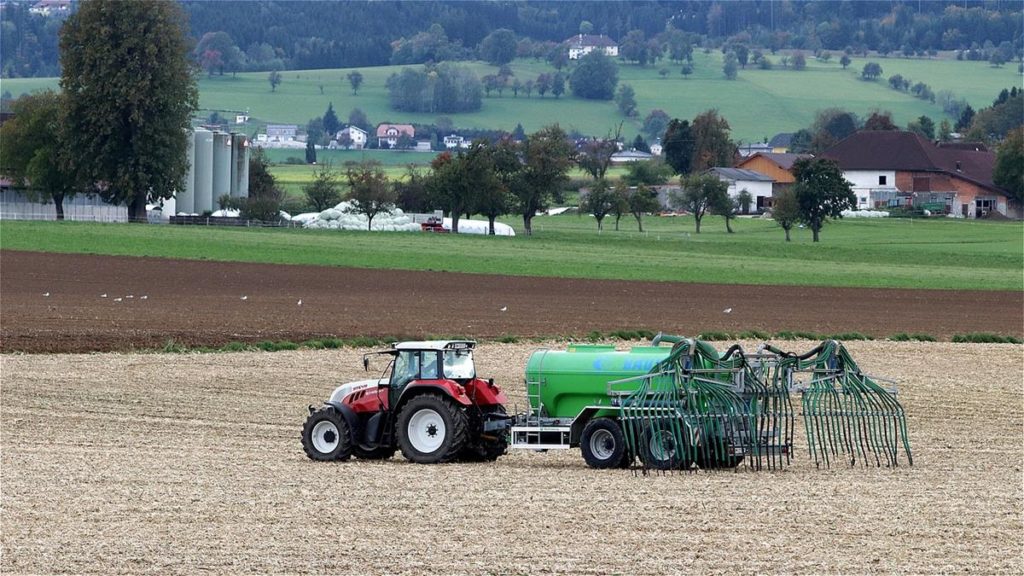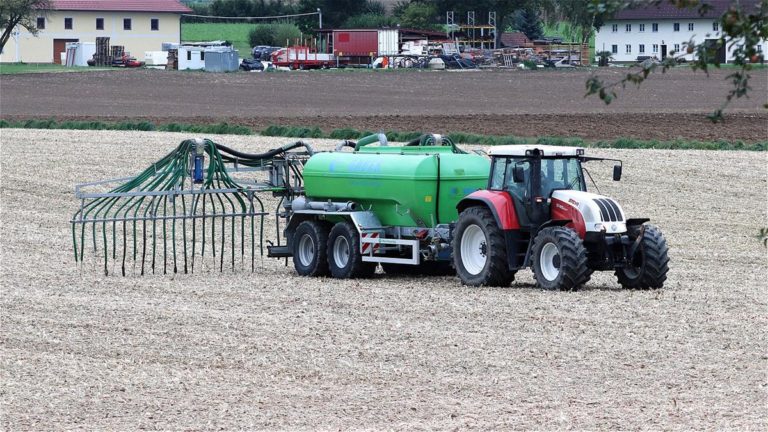
Revolutionizing shipping with flexible intermediate bulk containers
Shipping has always been a crucial aspect of global trade and commerce.
Over the years, various innovations have transformed the shipping industry, making it more efficient, cost-effective, and environmentally friendly. One such innovation that has been gaining significant traction in recent years is the use of Flexible Intermediate Bulk Containers (FIBCs), also known as bulk bags, jumbo bags, or tote bags. These containers have revolutionized the way goods are transported, offering numerous benefits to businesses across different sectors.

What are flexible intermediate bulk containers?
Flexible Intermediate Bulk Containers, or FIBCs, are large, woven polypropylene bags designed for storing and transporting dry, flowable products such as grains, powders, chemicals, and granules. They typically range in size from 500 to 2,000 kilograms capacity and come in various designs to suit different applications. FIBCs are renowned for their strength, durability, and flexibility, making them ideal for a wide range of industries.
Advantages of flexible intermediate bulk containers
Cost-Effectiveness:
One of the primary advantages of FIBCs is their cost-effectiveness. These containers are significantly cheaper than traditional packaging options such as drums, boxes, or sacks. Moreover, their lightweight nature reduces transportation costs, making them a cost-efficient choice for businesses looking to streamline their shipping processes.
Space Efficiency:
Unlike rigid containers, FIBCs can be folded and stacked when empty, saving valuable storage space. This space-saving feature not only reduces warehouse expenses but also allows for more efficient loading and unloading operations, ultimately improving productivity.
Environmental sustainability
Reusability and Recyclability:
Another key benefit of FIBCs is their environmental sustainability. Unlike single-use packaging materials, FIBCs can be reused multiple times, significantly reducing waste generation. Additionally, most FIBCs are made from recyclable materials, further minimizing their environmental impact and promoting a circular economy.
Application across industries
Agriculture:
In the agriculture sector, FIBCs are widely used for storing and transporting grains, seeds, fertilizers, and other agricultural products. Their large capacity and robust construction make them ideal for bulk handling, allowing farmers and agribusinesses to streamline their operations and reduce costs.
Chemicals and Pharmaceuticals:
Chemical and pharmaceutical companies rely on FIBCs to transport a variety of raw materials and finished products safely. The inert nature of polypropylene ensures product integrity during transit, while the bags’ flexible design allows for easy handling and storage in manufacturing facilities – super sacks.
Flexible Intermediate Bulk Containers have emerged as a game-changer in the shipping industry, offering unmatched versatility, cost-effectiveness, and sustainability. As businesses continue to seek innovative solutions to enhance their supply chain efficiency, FIBCs are expected to play an increasingly integral role in the global logistics landscape.
With their ability to revolutionize shipping processes across diverse industries, Flexible Intermediate Bulk Containers represent a significant step towards a more efficient, economical, and environmentally friendly future.